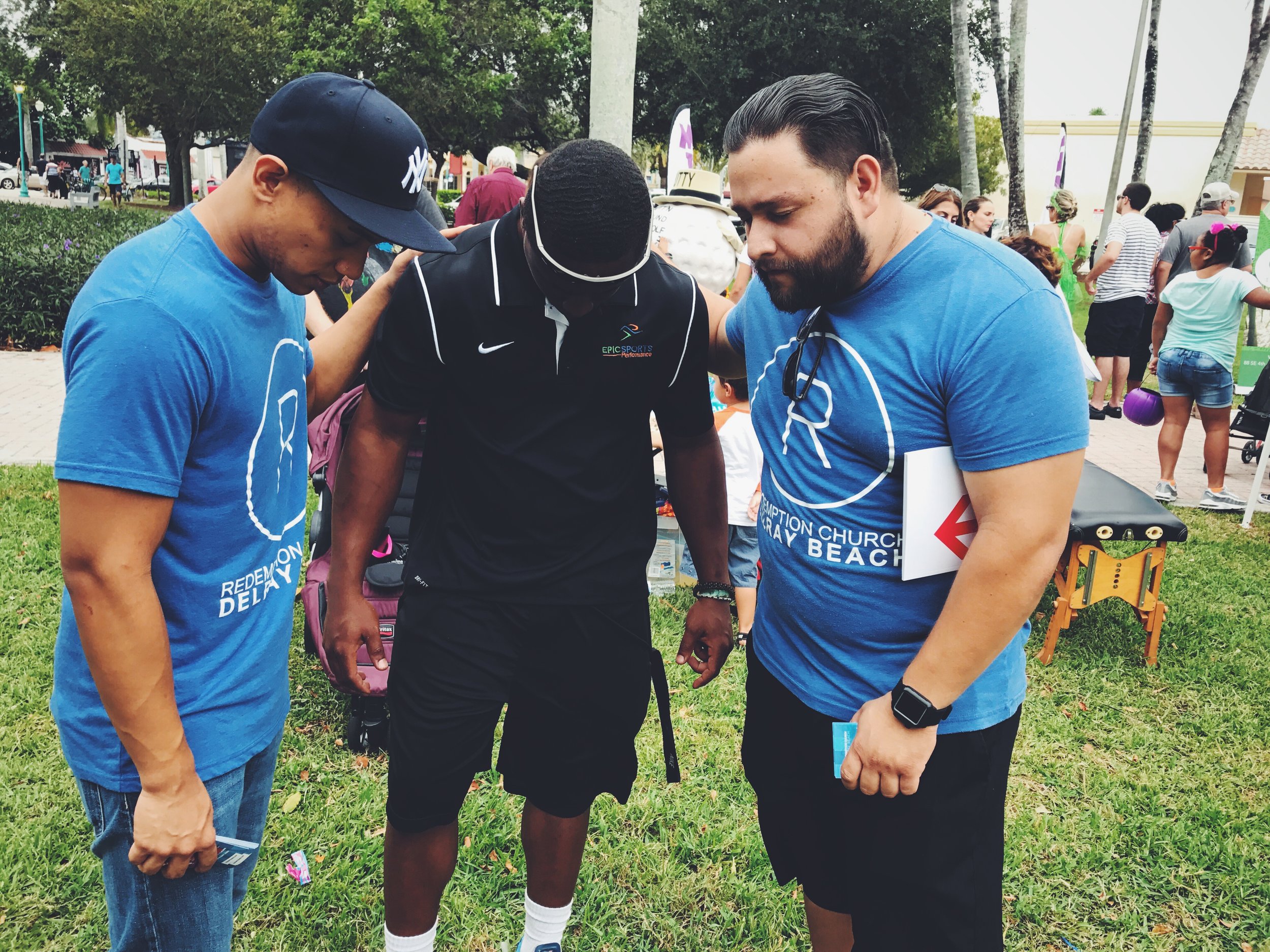Last week, we covered the attitude we need to have when approaching the Bible to study it. If you haven’t read that yet, I encourage you to at THIS LINK.
Now that we’ve prepared our hearts to receive from God’s Word, we’re going to cover the simple three step process and tools for you to study the Bible with.
1. Observation
All good study begins with observation. This takes the form of noticing key characters, events, locations, etc. Sometimes this means looking at a book of the Bible as a whole to know more about the context, such as who was the author and who was the original reader, but oftentimes we can gain enough to understand a passage by reading a few verses beforehand and a few after in order to see what the author was trying to communicate. Remember that the original writing wasn’t broken up by chapters and verses (except for the Psalms and some of Proverbs) and so consider reading a previous chapter to gain more context. By observing, we can learn the context for something that was said or done.
One helpful tip for this section is to use the 5 W’s and an H. Look at the text and ask yourself, who is this about, what is happening, when is this happening, where did it take place and how is it happening or how is God working in this situation, etc. But save the last “w" (why) for the next section.
2. Interpretation
Obverving words and actions without interpretation is meaningless. After observing the passage, we are confronted with a big "so what?" What truth is God communicating to us through this passage? Why is this important or valuable? The primary way we can learn to interpret scripture well is through other verses in the Bible.
Imagine that someone wrote a very detailed explaination of the reason for life and how to live it well. That book would be riddled with references to other sections within the same book to help gain clarity and context without rewriting all of the same content. Now imagine that book was written thousands of years ago in another laungage and culture and has now been brought to your native language but has kept all of it's cultural references. That would be very much like the Bible we have today.
So, what do we do with all of these internal references and explainations and having cultural references that are not our own? A big piece of interpretation is bridging the gap between how the original readers would understand a passage and how our western and modern eyes read it. This gap, thankfully, is something we can learn to adjust to, and as we learn more scripture, it become increasingly easier.
To start, however, there are many resources at our disposal. We have many specific books, podcasts, and online helps listed on our RESOURCES PAGE, but here are a few ideas:
- Sermons - Many great pastors have broken down parts of the Bible and explained interpretation for any of us to be able to listen to at our leisure online. At Redemption Church, we study and teach the Bible weekly and have studied through many books that you can access on our TEACHINGS PAGE.
- Verse References - Many Bibles include verse references to show passages that relate to the passage you're reading. Not every verse will seem applicable, but many have obvious connections that help bring understanding to the meaning of the passage. Blue Letter Bible in particular has a great section for each verse in the Bible called their "treasury of scripture" feature that lists related verses.
- Concordances - Similar to verse references, concordances show each place a specific word is used. Keep in mind that because the Bible was originally written in different languages, we are reading translated versions which means that sometimes you could look up a word and have it point to sections that use other words, but they were the same word in the original laungage. This also helps bring clarity to the meaning the purpose of a passage of scripture. The Strongs and Vines concordances are the most common, and both can be found for free on Blue Letter Bible as well.
- Commentaries - Much like sermons, commentaries break down sections of scripture and normally are more in depth and focused on simply interpretation rather than application (depending on the commentary). I personally use many commentaries, but I think the Warren Wiersbe Commentaries set listed on our RESOURCES PAGE is one of the most helpful if you only have time for one. As another great suggestion, my wife’s favorite, is by David Guzik which can be found on Blue Letter Bible for free.
3. Application
After we interpret the meaning of a passage, we are left with a complete waste of time unless we apply the passage to our lives. This means that we need to decide, and then act on, a direct and practical response to the passage we just interpreted. We believe that there is only one interpretation of scripture, but that there can be many applications. For example, let's take 1 Timothy 1:15 which states that "Christ Jesus came into the world to save sinners - of whom I am the worst."
The interpretation, of this passage is that Jesus came into the world as our Savior with the purpose of saving everyone and anyone is is willing to receive His salvation. Furthermore, we recognize that all sin is extremely devastating to our relationship with God and therefore we cannot judge others as worse than ourselves in order to gain a status above them or become judgmental on them, as demonstrated by Paul in this passage.
- One application we could take is to remember how much we personally need the grace of God, and that we are never too far from God for His grace to save, redeem, and transform us. So we humble ourselves before God and ask Him to forgive us for sins and to transform us to be more like Him.
- A second way we could apply this passage is to focus on the part where it reminds us that Christ Jesus came to save sinners. This was His whole purpose, and He has called us to share this Gospel. Not only is it our calling to share Jesus' grace with others, but the latter part of the verse reminds us that He can save anyone, and because of that we are to take any opportunity we are given to share His Gospel.
These are just two ways we could apply this passage, but notice that we never deviated from the basic interpretation of the message. It's truth stayed the same wherever we applied it. Similar to a bandage that can be applied to any part of the body, God's Word is meant to be applied in many areas of our lives.
I want to leave you with an analogy from everyday life that will hopefully take away some of the intimidation of studying the Bible.
Imagine you're in your kitchen and you notice that the light on your dishwasher is on (OBSERVATION).
Because the light is on, you're aware that the dishwasher is currently running (INTERPRETATION)
And since the dishwasher is running, you decide to put the dish in the sink rather than inside the dishwasher since then you'd end up with water all over your floor (APPLICATION).
That example may seem simplistic, but that's really all that is happening when we read the Bible. Yes, you may need to look at the dishwasher's manual in order to understand what that light means just as we go to commentaries and other parts of scripture, but the concept is still the same.
I hope this has helped diffuse any fear of reading the Bible that you may have, and that it has equipped you to study it better. Please remember that no matter what the cost of understanding the Bible, this is the most important and valuable thing you will ever do. Without studying and submitting to God's Word, we cannot hope to see God Himself and have a transformed life with Him. When we study and apply God’s Word well, we can say, like the Psalmist:
"I rejoice at Your Word like one who finds great spoil.” Psalm 119:162













































